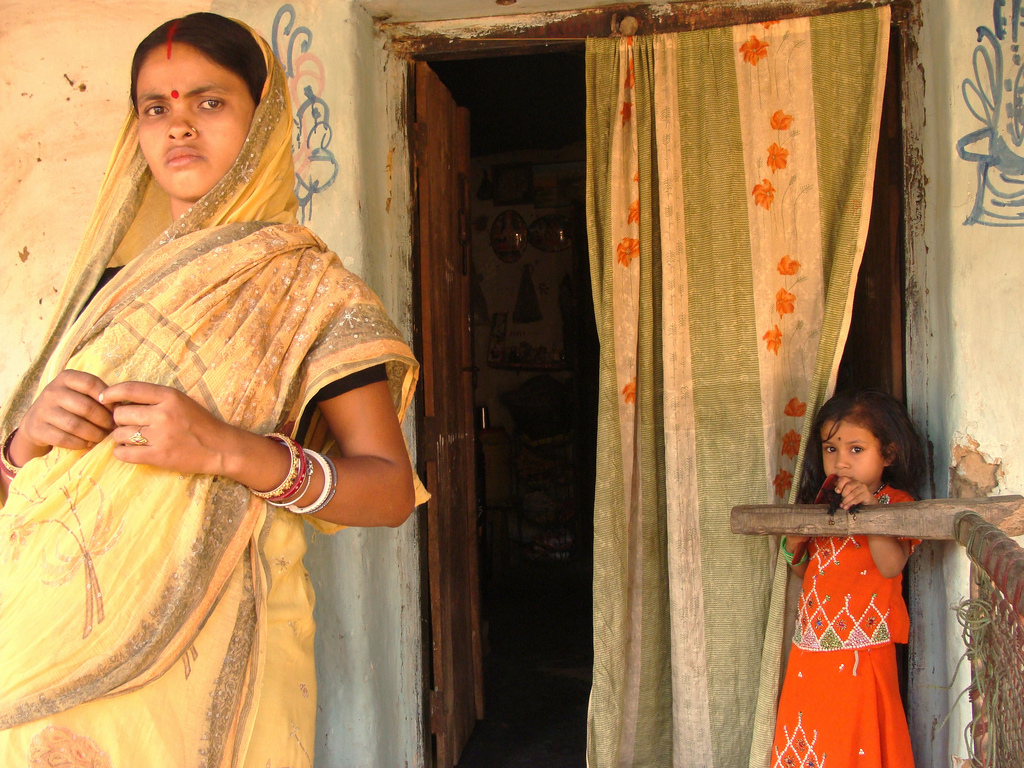- Home
- Medical news & Guidelines
- Anesthesiology
- Cardiology and CTVS
- Critical Care
- Dentistry
- Dermatology
- Diabetes and Endocrinology
- ENT
- Gastroenterology
- Medicine
- Nephrology
- Neurology
- Obstretics-Gynaecology
- Oncology
- Ophthalmology
- Orthopaedics
- Pediatrics-Neonatology
- Psychiatry
- Pulmonology
- Radiology
- Surgery
- Urology
- Laboratory Medicine
- Diet
- Nursing
- Paramedical
- Physiotherapy
- Health news
- Fact Check
- Bone Health Fact Check
- Brain Health Fact Check
- Cancer Related Fact Check
- Child Care Fact Check
- Dental and oral health fact check
- Diabetes and metabolic health fact check
- Diet and Nutrition Fact Check
- Eye and ENT Care Fact Check
- Fitness fact check
- Gut health fact check
- Heart health fact check
- Kidney health fact check
- Medical education fact check
- Men's health fact check
- Respiratory fact check
- Skin and hair care fact check
- Vaccine and Immunization fact check
- Women's health fact check
- AYUSH
- State News
- Andaman and Nicobar Islands
- Andhra Pradesh
- Arunachal Pradesh
- Assam
- Bihar
- Chandigarh
- Chattisgarh
- Dadra and Nagar Haveli
- Daman and Diu
- Delhi
- Goa
- Gujarat
- Haryana
- Himachal Pradesh
- Jammu & Kashmir
- Jharkhand
- Karnataka
- Kerala
- Ladakh
- Lakshadweep
- Madhya Pradesh
- Maharashtra
- Manipur
- Meghalaya
- Mizoram
- Nagaland
- Odisha
- Puducherry
- Punjab
- Rajasthan
- Sikkim
- Tamil Nadu
- Telangana
- Tripura
- Uttar Pradesh
- Uttrakhand
- West Bengal
- Medical Education
- Industry
Defecating in the Open Linked to Worse Outcomes in Pregnancy: Study

According to latest research, insanitary living conditions like defecating in the open is the cause of adverse pregnancy outcomes in India.
The study conducted by Asian Institute of Public Health in Bhubaneswar studied 670 pregnant women in two rural areas of Odisha. The women were enrolled in their first trimester, and their sanitation practices were recorded, including toilet access.
It was observed that women defecting in the open (66%) had a significantly higher risk of adverse events during delivery and preterm deliveries, but not of low birth weight.
Bijaya K. Padhi and Pinaki Panigrahi, authors of the paper, said that this highlighted the need for sanitation especially in the context of maternal and child healthcare.
The study is published in PLOS Medicine.
The study conducted by Asian Institute of Public Health in Bhubaneswar studied 670 pregnant women in two rural areas of Odisha. The women were enrolled in their first trimester, and their sanitation practices were recorded, including toilet access.
It was observed that women defecting in the open (66%) had a significantly higher risk of adverse events during delivery and preterm deliveries, but not of low birth weight.
Bijaya K. Padhi and Pinaki Panigrahi, authors of the paper, said that this highlighted the need for sanitation especially in the context of maternal and child healthcare.
The study is published in PLOS Medicine.
Next Story


